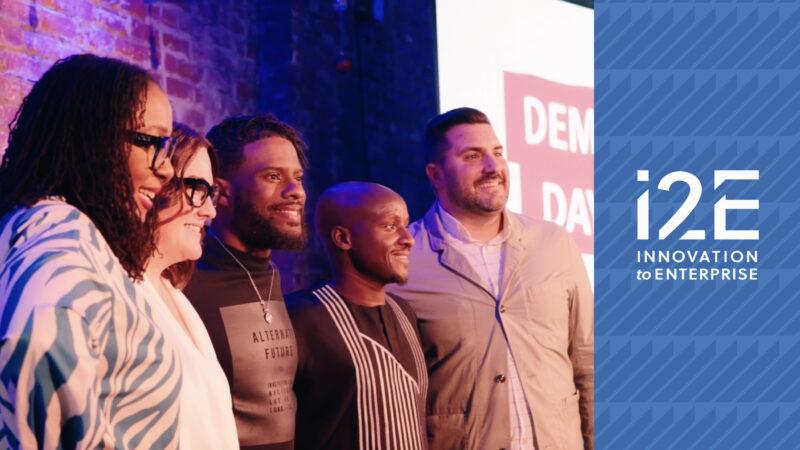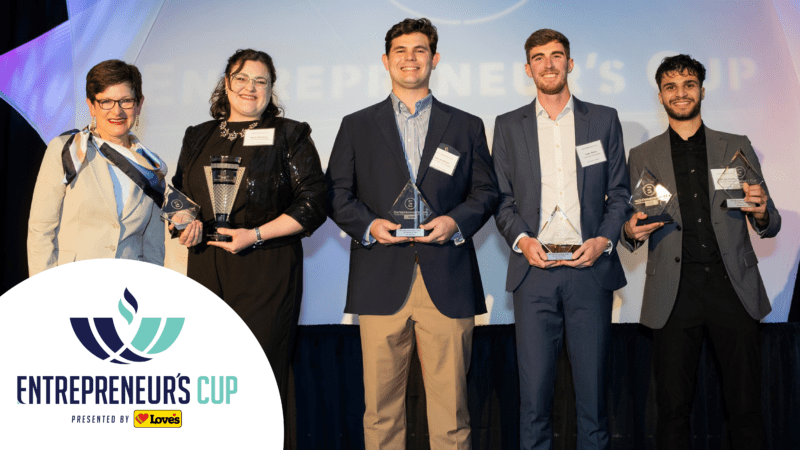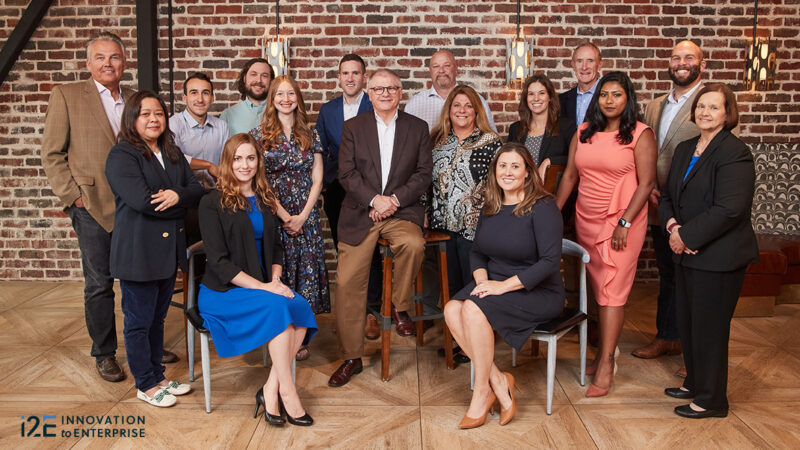When I was a boy, I learned from my grandparents that when something bad happened, that something good would come out of it. I have been thinking about that lesson over the last few day, ever since the first doses of COVID-19 vaccine began shipping and healthcare workers and others began receiving shots.
This has been a really bad year. Millions of in our country are sick with Covid-19. Hundreds of thousands have died. The economic devastation to families, businesses, and states is terrible, and we are not past it yet. So believe me, I am no Pollyanna about the conditions we face and how steep a hill we have yet to climb.
But in all this bad, I see extraordinary good. We have vaccines developed with demonstrated with a previously unheard of efficacy and safety in human trials that have been brought to the market in less than a year. Think about what that means for innovation and inspiration in the biotech industry going forward — not to mention what it means for the health and safety of all.
Pfizer, one of the world’s oldest and largest biotechnology companies, is shipping the first COVID-19 vaccine. There is something fitting about Pfizer being the first. Founded as a startup by immigrants in New York in 1849, Pfizer developed fermentation technology that enabled the mass production of citric acid. During World War II, Pfizer extended that technology for the mass production of penicillin to treat Allied soldiers. With this legacy, it seems natural that Pfizer is among the first to mass produce and distribute the vaccine for COVID-19
Moderna, the second biotech now approved to distributed COVID-19 vaccine in the United States, is a ten-year-old biotech based in Cambridge, MA. Moderna is advancing messenger RNA therapeutics and vaccines to create a new class of medicines.
These companies have achieved amazing results by bringing a vaccine to market in less than twelve months for a disease that was virtually unknown a year ago. However, they invested in the foundational research on which they built their vaccines long before this pandemic. They know how to conduct reputable, scientific trials. Over centuries, Pfizer has mastered large-scale production. Modern is a model of collaboration with strategic partners. This is a David and Goliath story where both the giant and the bold upstart win.
I have often written in this column about the potential of commercialized research to both save lives and create jobs. Here we have Pfizer, more than 170 years in existence and continuing to produce blockbuster therapies, and then we have Moderna, at ten years and near-startup status in biotech, scaling up to deliver more than 100 million doses of the vaccine around the world in early 2021.
With the examples of Pfizer and Moderna, let us be reminded of the potential of biotechnology research and commercialization that exists right here in Oklahoma. With our internationally recognized research institutions and the track record of our state’s serial entrepreneurs in commercializing promising medical technology, we too have the potential to develop and commercialize therapies that can change the world.
Scott Meacham is president and CEO of i2E Inc., a nonprofit corporation that mentors many of the state’s technology-based startup companies. i2E receives state support from the Oklahoma Center for the Advancement of Science and Technology and is an integral part of Oklahoma’s Innovation Model. Contact Meacham at [email protected].








